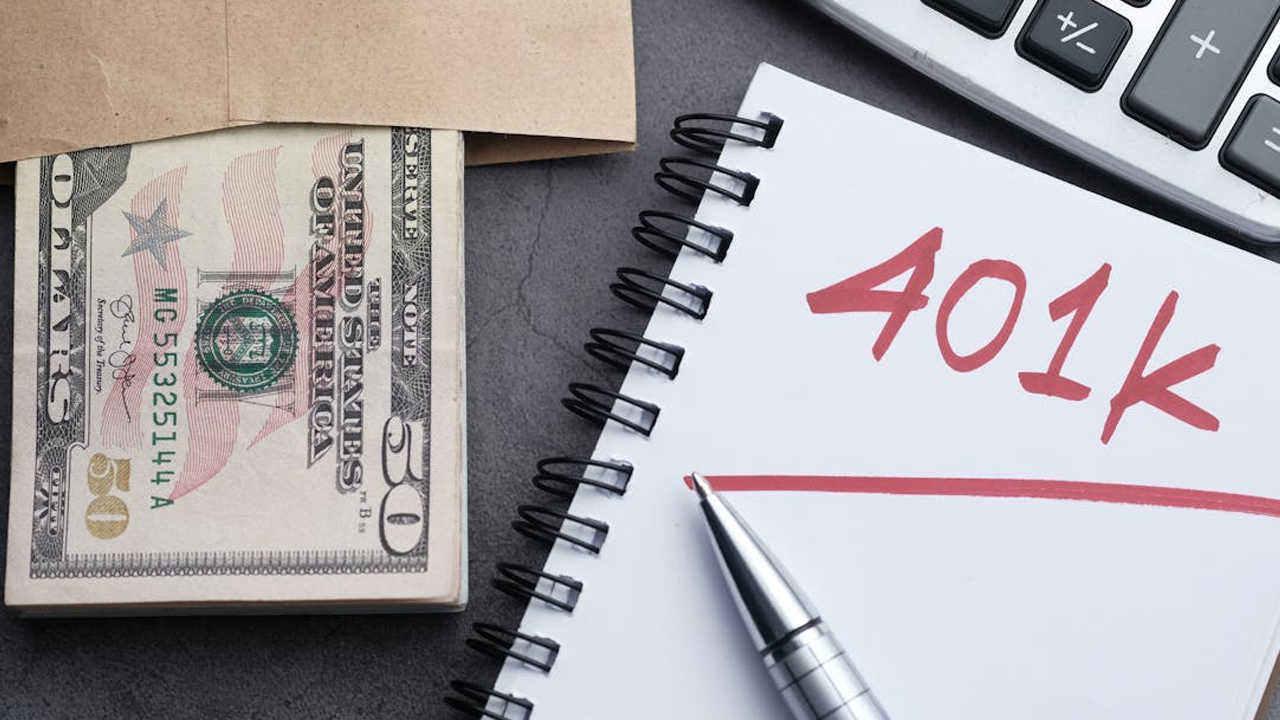Building Your Starter Emergency Fund

Starting your financial journey? First things first: set aside $1,000 for a starter emergency fund. This initial cushion is designed to handle unexpected expenses like minor car repairs or medical bills, preventing you from relying on credit cards or loans. If you’re earning less than $20,000 annually, aiming for $500 is a practical goal. The key is to establish this fund quickly to create a buffer between you and unforeseen costs. (Source: Ramsey Solutions)
While $1,000 might not cover every emergency, it’s a solid starting point. This fund acts as a financial safety net, allowing you to focus on tackling debt without the constant worry of small emergencies derailing your progress. Remember, this is just the beginning; as you advance in your financial plan, you’ll build a more substantial safety net.
Transitioning to a Fully Funded Emergency Fund

Once your initial $1,000 is in place and you’ve cleared non-mortgage debts, it’s time to build a fully funded emergency fund. Aim to save three to six months’ worth of living expenses. This larger fund is designed to cover significant life events like job loss or major health issues, providing you with financial stability during challenging times. (Source: Ramsey Solutions)
Deciding between three or six months of expenses depends on your personal situation. If you have a stable income and fewer financial obligations, three months may suffice. However, if your income is variable or you have dependents, aiming for six months offers greater security. This fund ensures that you’re prepared for larger financial disruptions without resorting to debt.
Allocating 15% of Income Toward Retirement

With a fully funded emergency fund, shift your focus to retirement savings. It’s advisable to invest 15% of your gross household income into retirement accounts such as 401(k)s or Roth IRAs. This consistent investment strategy helps build a substantial nest egg for your future. (Source: Ramsey Solutions)
By prioritizing retirement savings after establishing your emergency fund, you ensure that you’re not only protected against unforeseen expenses but also actively preparing for a comfortable retirement. Consistent contributions, even if they seem modest, can grow significantly over time, thanks to compound interest.
Setting Specific Savings Goals for Major Expenses

Beyond emergency and retirement funds, it’s important to save for significant upcoming expenses. Whether it’s a home down payment, a new vehicle, or a child’s education, setting clear savings goals helps you prepare without incurring debt. Determine the total amount needed and establish a monthly savings plan to reach your target within your desired timeframe. (Source: Ramsey Solutions)
Creating separate savings accounts for each goal can help you track progress and stay motivated. Regularly reviewing and adjusting your savings plan ensures that you remain on track and can accommodate any changes in your financial situation or priorities.
Prioritizing Debt Repayment Before Expanding Savings

While saving is crucial, addressing high-interest debt should take precedence. Focus on paying off debts like credit cards and personal loans before expanding your savings beyond the starter emergency fund. High-interest debts can quickly erode your financial stability, so eliminating them frees up resources for savings and investments. (Source: Ramsey Solutions)
Once high-interest debts are cleared, you can redirect the funds previously used for debt payments toward building your emergency fund and other savings goals. This approach ensures a balanced financial strategy, reducing liabilities while increasing assets.
Regularly Reviewing and Adjusting Your Savings Plan

Financial situations and goals evolve over time, making it essential to periodically review and adjust your savings plan. Life events such as marriage, having children, or career changes can impact your financial priorities. Regular assessments help ensure that your savings strategies align with your current needs and future aspirations. (Source: Ramsey Solutions)
Staying proactive and flexible with your savings approach allows you to navigate life’s uncertainties more effectively. Regular check-ins on your financial plan help identify areas for improvement and celebrate progress, keeping you motivated on your journey toward financial security.

Alexander Clark is a financial writer with a knack for breaking down complex market trends and economic shifts. As a contributor to The Daily Overview, he offers readers clear, insightful analysis on everything from market movements to personal finance strategies. With a keen eye for detail and a passion for keeping up with the fast-paced world of finance, Alexander strives to make financial news accessible and engaging for everyone.


